Infinity and beyond
The architecture of the staircase combines form and function, upper and lower space. It can represent power or status, or symbolise spiritual elevation and the climb to knowledge. A new book published by Thames & Hudson, The Staircase: The Architecture of Ascent explores the history and meaning of the staircase, from the simple, straight-flight steps of the Mayan pyramids, to the radical spiral ramp of Frank Lloyd Wright’s Guggenheim Museum and the computer-aided designs of today.
The steps of the Toltec-Maya pyramid at Chichen Itza, Mexico are an early example of the simple, straight-flight staircase - the ancestor of all stair design. Appearing to stretch up to the sky, this style of staircase came to symbolise an ascent to heaven and infinity, and has captured artists’ imaginations from the Odessa Steps in Eisenstein’s film Battleship Potemkin to the steps in Orson Welles’s The Trial. (All images courtesy of Thames & Hudson from The Staircase: The Architecture of Ascent by Oscar Tusquets Blanca, Martine Diot, Adelaïde de Savray, Jérôme Coignard and Jean Dethier.)
The steps of the Toltec-Maya pyramid at Chichen Itza, Mexico are an early example of the simple, straight-flight staircase - the ancestor of all stair design. Appearing to stretch up to the sky, this style of staircase came to symbolise an ascent to heaven and infinity, and has captured artists’ imaginations from the Odessa Steps in Eisenstein’s film Battleship Potemkin to the steps in Orson Welles’s The Trial. (All images courtesy of Thames & Hudson from The Staircase: The Architecture of Ascent by Oscar Tusquets Blanca, Martine Diot, Adelaïde de Savray, Jérôme Coignard and Jean Dethier.)
Let there be light
The ‘lantern’ at the dome of a staircase is an important design feature — allowing the light to stream in. The view shown here of the lantern of the chateau of Chambord in the Loire, France, shows the flat ceiling embellished with coffering. Flanking the large windows are eight niches intended to hold statues. The chateau marks a high point in the development of the staircase, illustrating the Renaissance architects’ fascination with the spiral structure around an open space.
Elevated circles
The upper part of the helix staircase of the Villa Farnese at Caprarola, Lazio, built in 1559, makes a grand statement. Architect Jacopo Vignola’s design was a blend of an Italina palazzo, a villa and a French chateau. The monumental staircase rises to a third floor and is supported by 30 pairs of Doric, Ionic and Corinthian columns.
High and mighty
The spirit of the Baroque emerges in the monumental staircase of the Palazzo Canossa in Mantua, Lombardy, built in the 1600s for the Gonzaga family, who ruled that part of northern Itlay from the 14th to the 18th Centuries. The figures that greet the visitor on the landing include two large hounds: dogs were the emblem of the powerful family.
Stairway to heaven
The elegance of French architecture in the Age of Enlightenment is typified by the elliptical spiral staircase at the Abbey of Prémontré in the Aisne, built in the first half of the 17th Century. Architects of the time understood the mystical mood set by light on stone and tapering shadows on steps.
High drama
The palaces of Germany and Austria show German Baroque at its most dramatic and rich. At the Würzburg Residenz – commissioned by the city’s powerful dynasty of prince-bishops– the ceiling is covered in a fresco by Venetian artist Giambattista Tiepolo depicting the four corners of the earth above the great staircase.
Allusions of grandeur
At Augustusburg Castle in Brühl, near Cologne, the architect Balthasar Neumann built one of the most extraordinary of all German Rococo staircases. The architect, in keeping with the style of the time, was concerned less with the beauty of the individual materials than with the overall visual effect when they were brought together, and most of the marble is in fact imitation. No expense was spared, though, on the trompe-l’oeil paintings, created by the most outstanding artists of the day.
High society
The austerely elegant staircase at Seaton Delaval Hall in Northumberland in the UK is inspired by the Palladian style – grandiose but glacial. As in the rest of Europe, the staircase in Britain became a symbol of prestige and ritual, and in the British country house it reflected and reinforced the owner’s social status, success or ambitions to power.
Circle of life
The Solomon R Guggenheim Museum in New York was Frank Lloyd Wright’s final masterpiece, completed in 1959. The building’s iconic quality derives from the spiralling ramp that surrounds the circular atrium, celebrating the movement of visitors through the museum’s six floors and unifying interior and exterior.
Onwards and upwards
The innovative Pompidou Centre in Paris was nicknamed the ‘gasworks’, and typified the fascination with technology of the time. Opened in 1977, it was designed by Renzo Piano and Richard Rogers who, in a grandiose theatrical gesture, strung stairways across the full width of the main facade. A functional and geometric triumph, the main staircase stretched across all six floors.

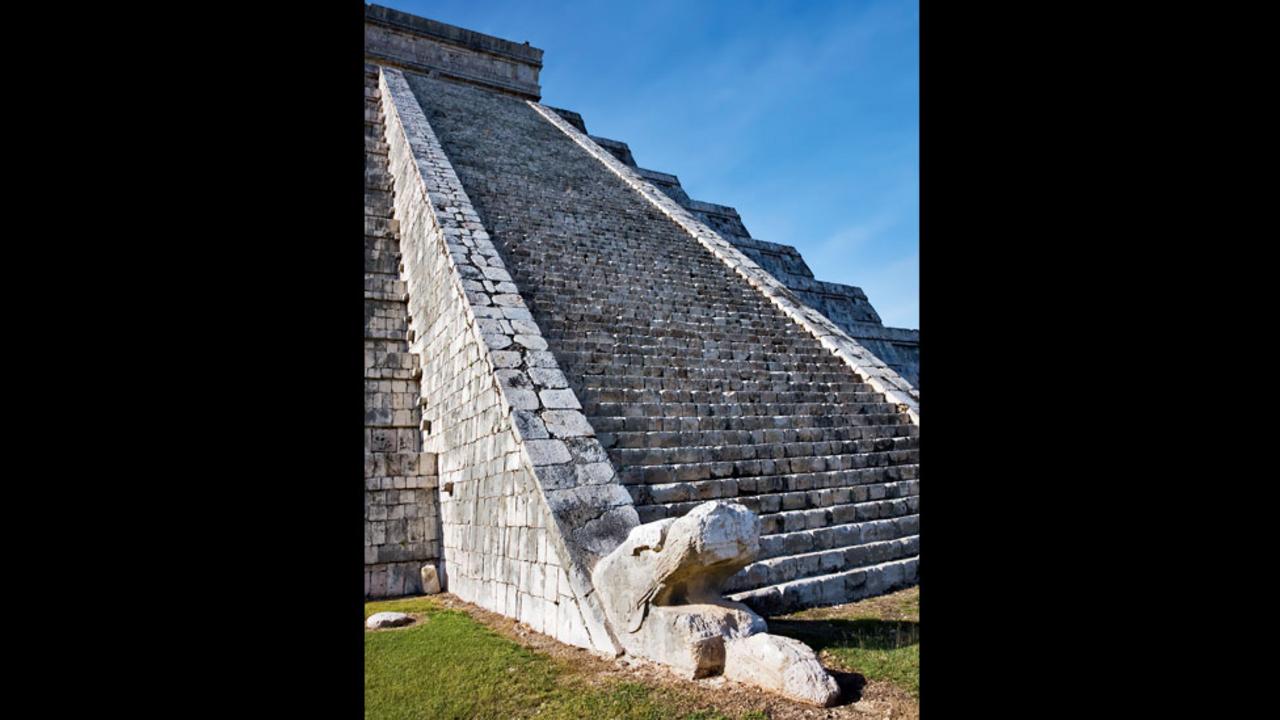
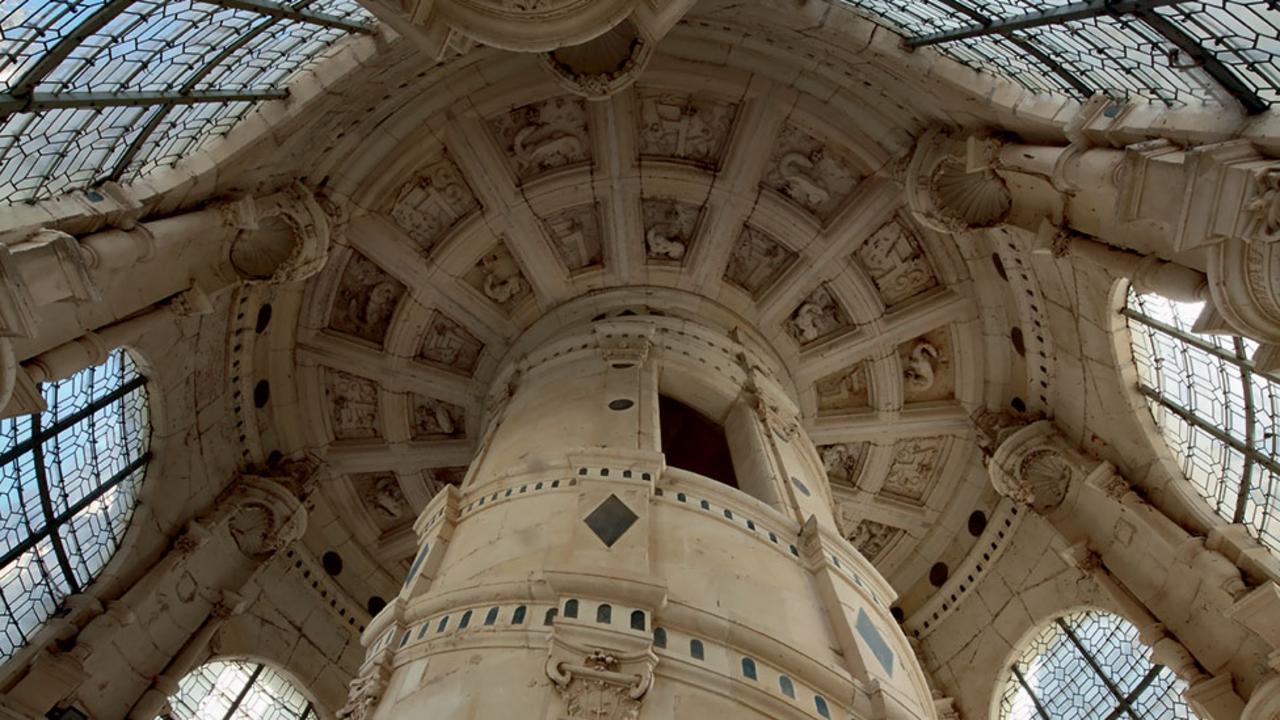
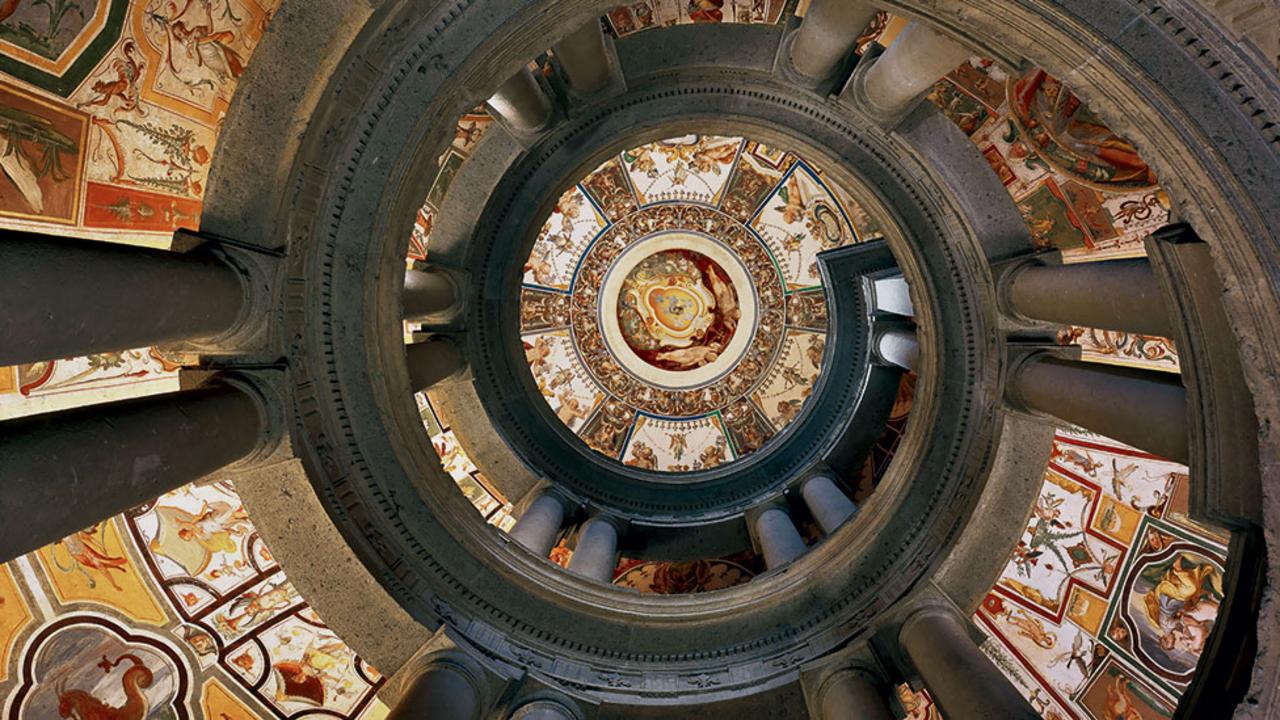
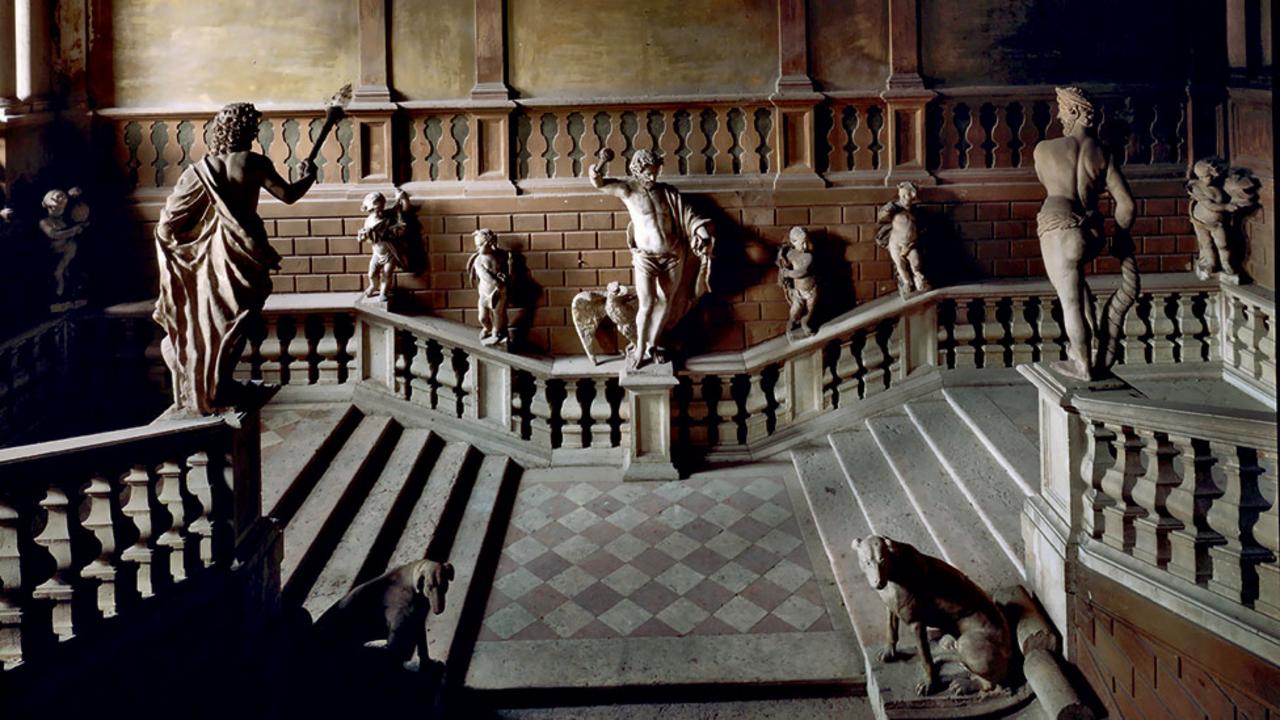
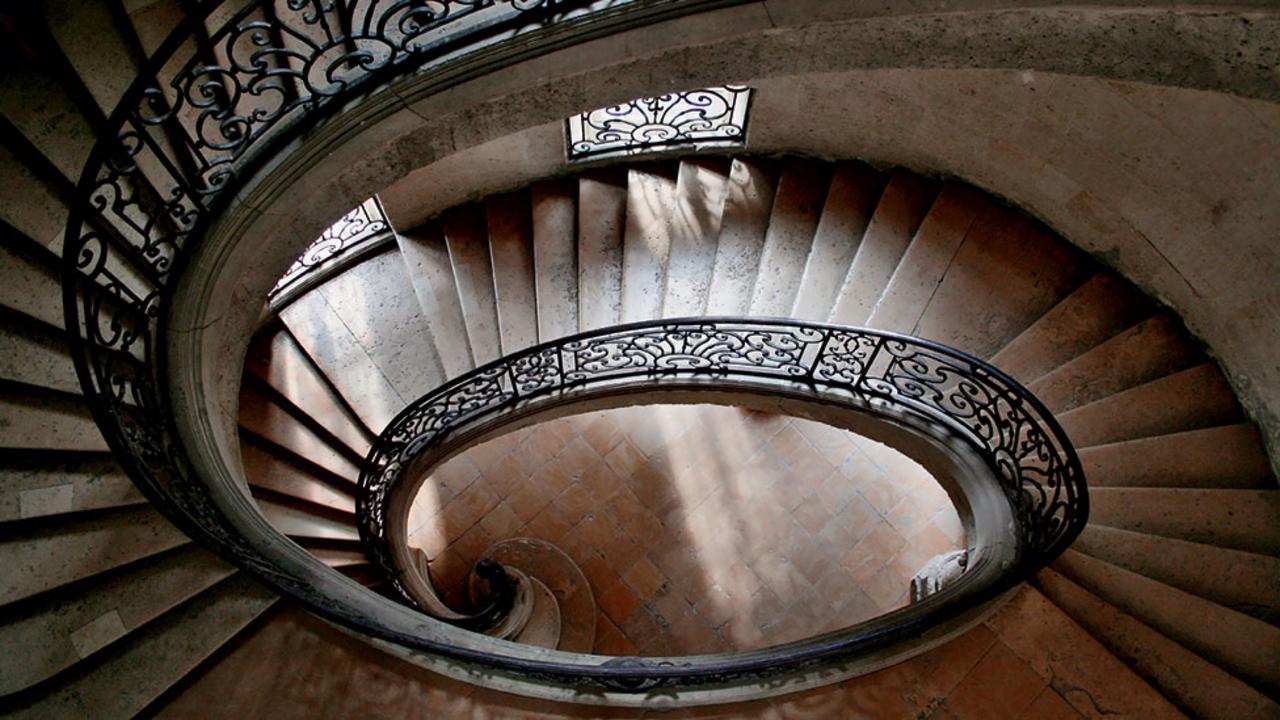
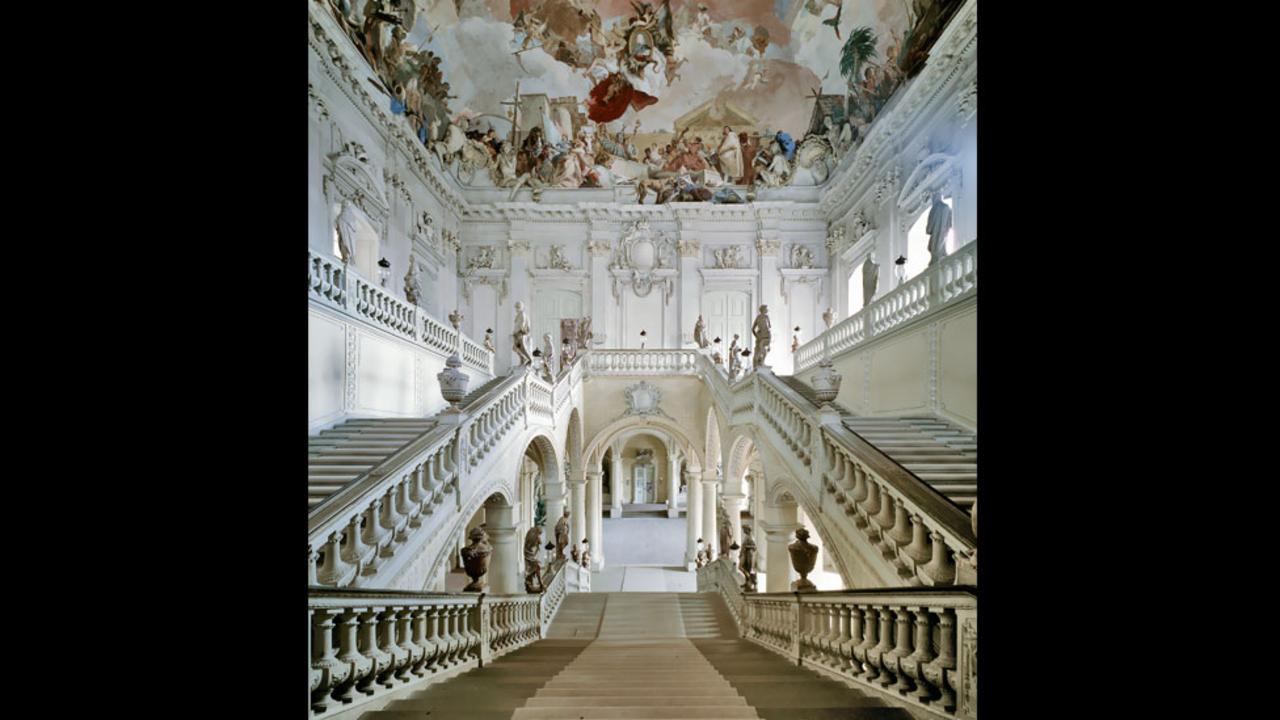
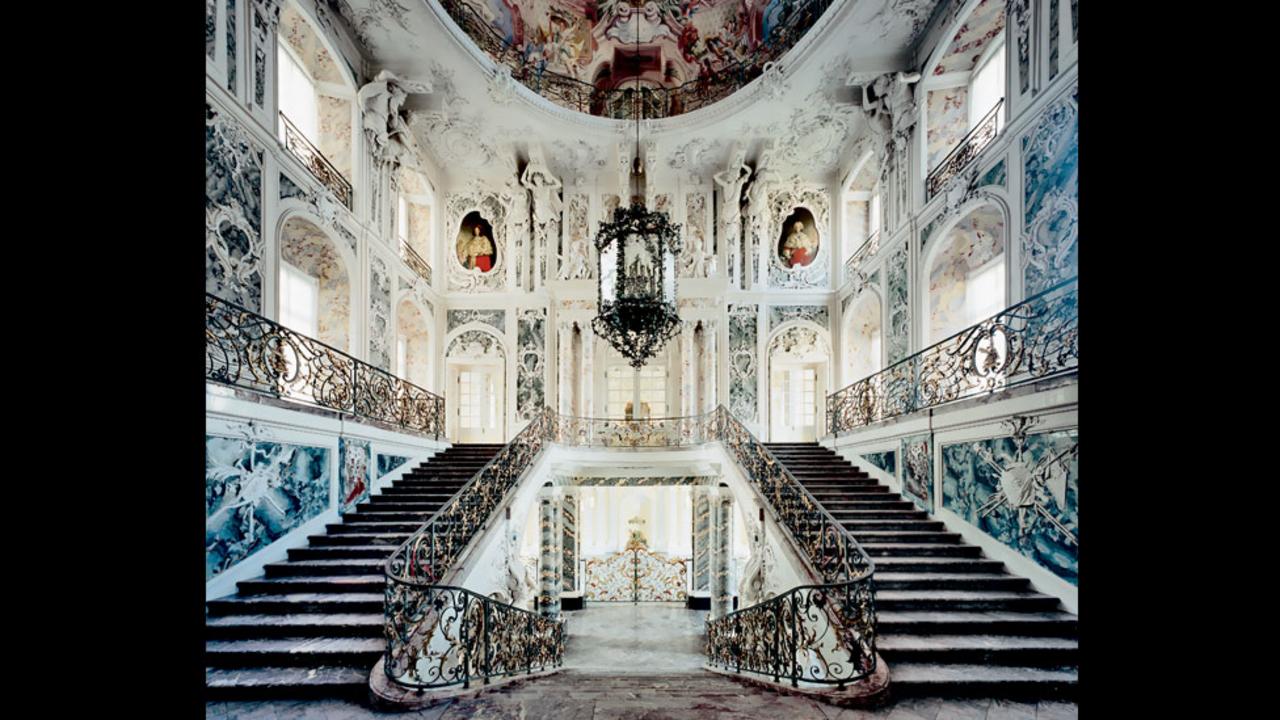
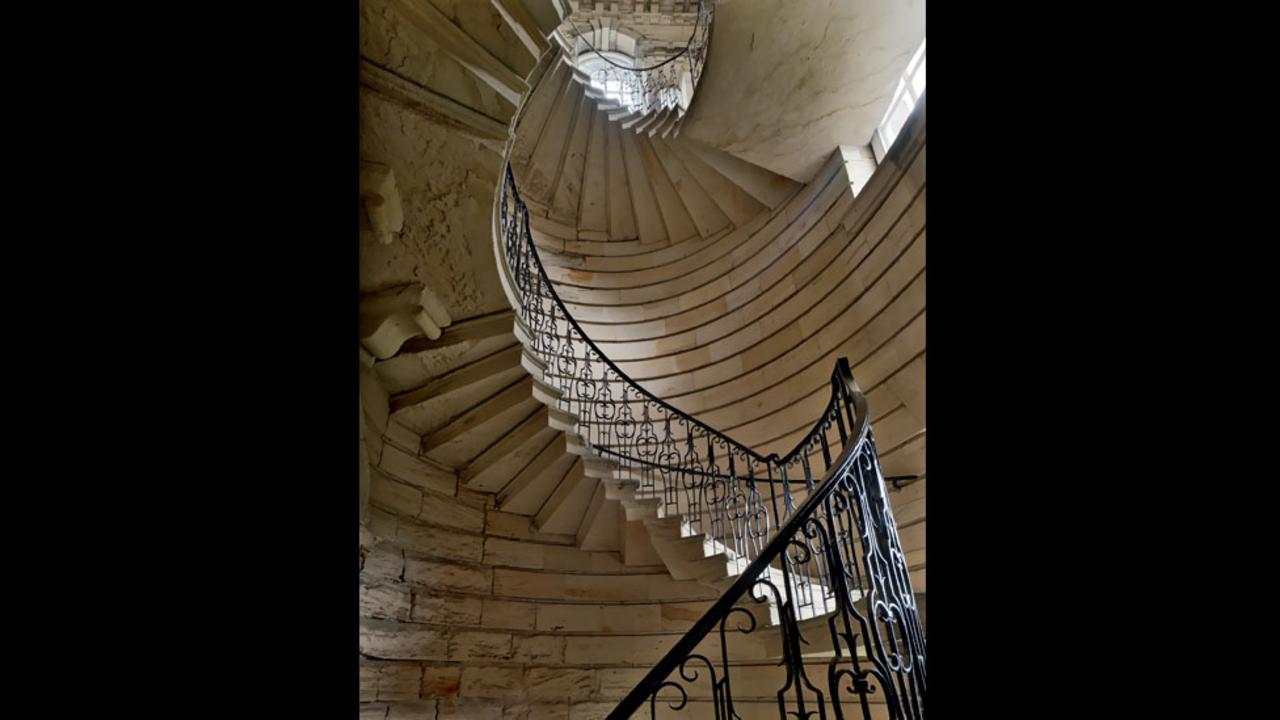
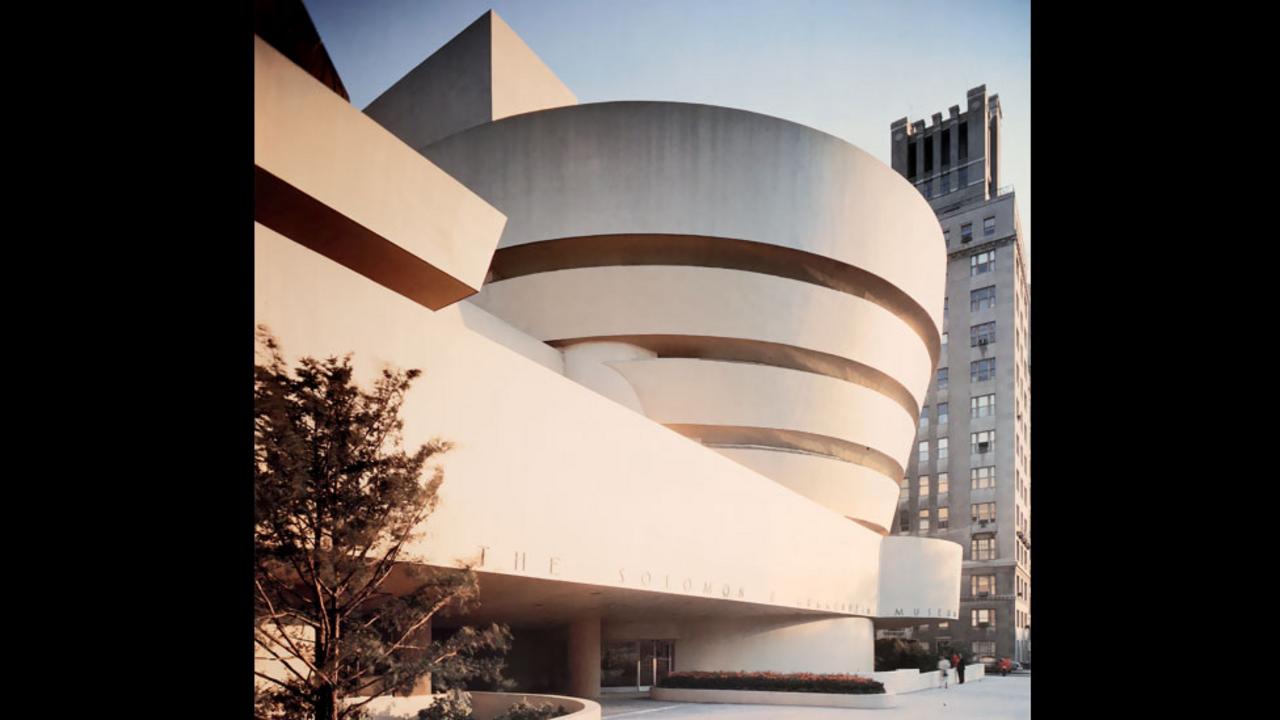
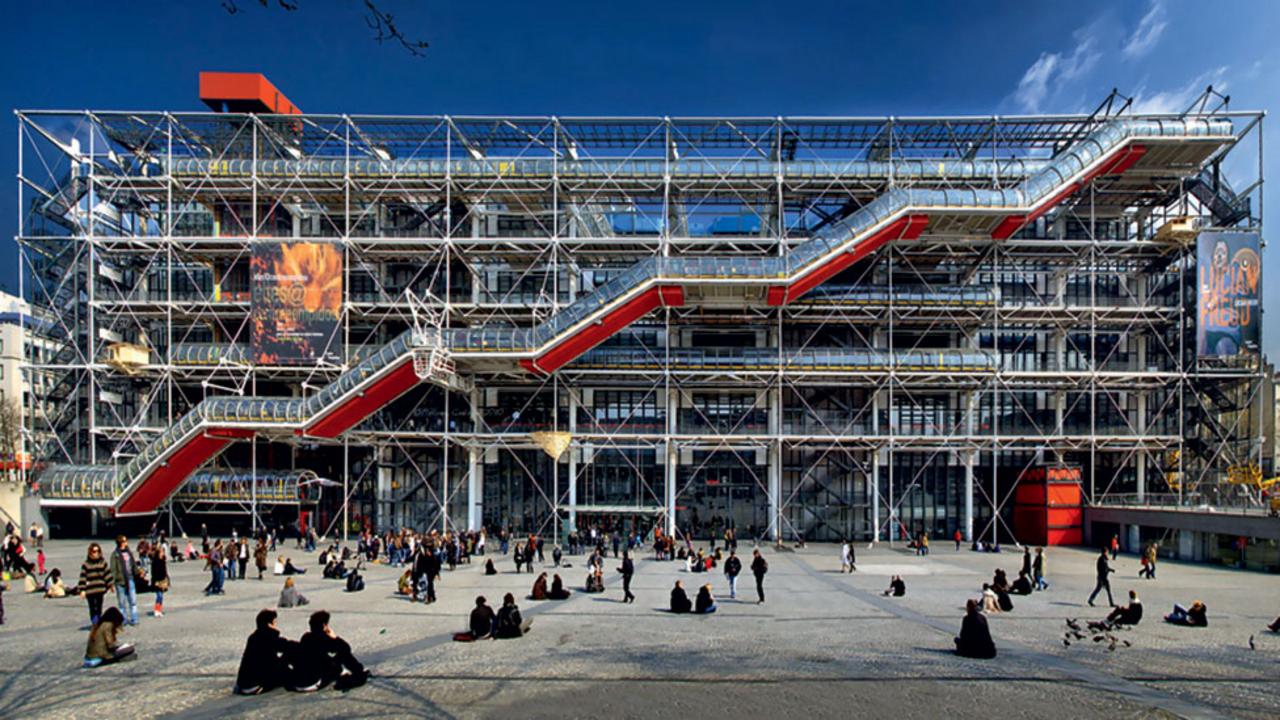















No comments:
Post a Comment
Please leave a comment-- or suggestions, particularly of topics and places you'd like to see covered